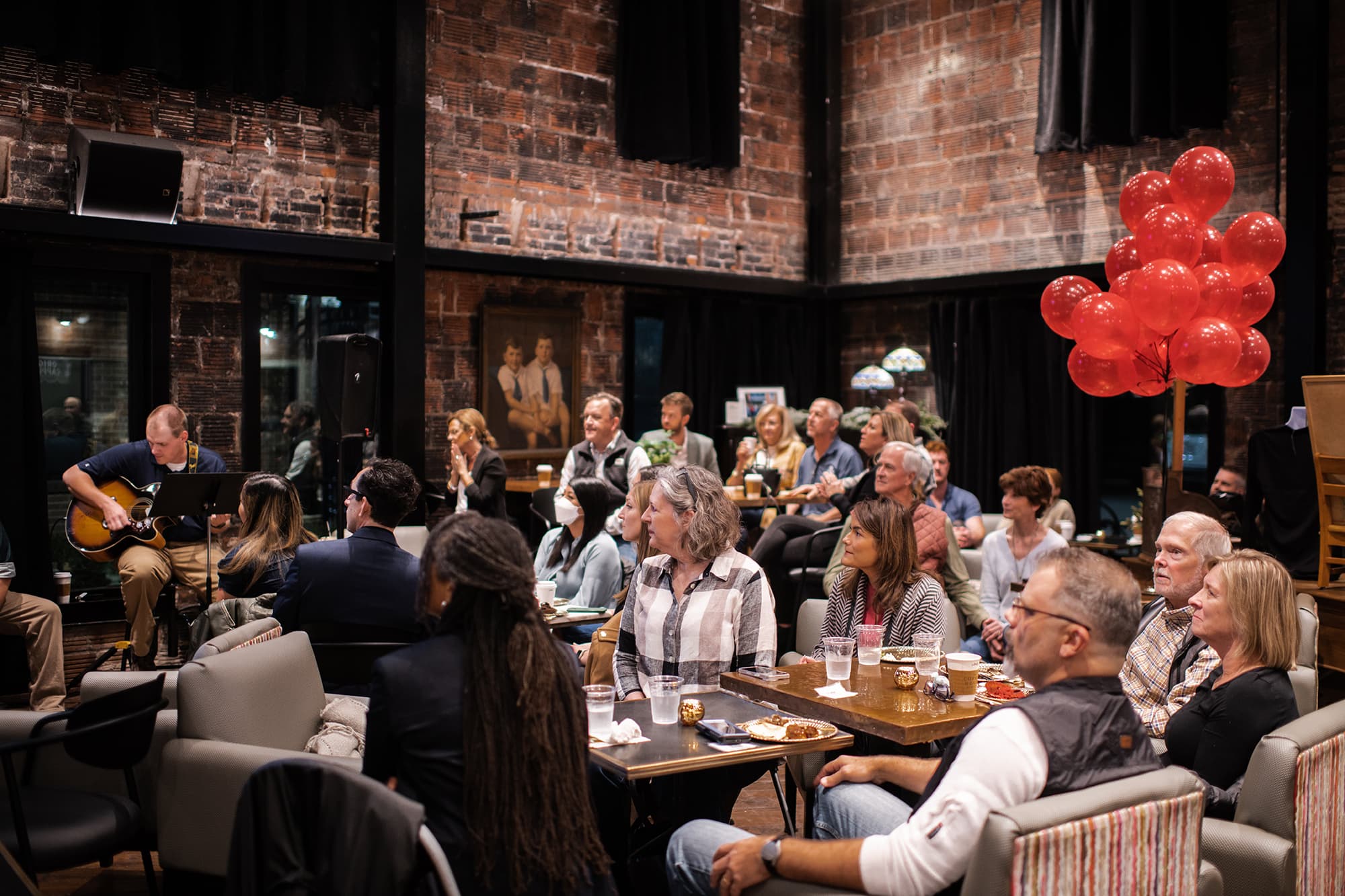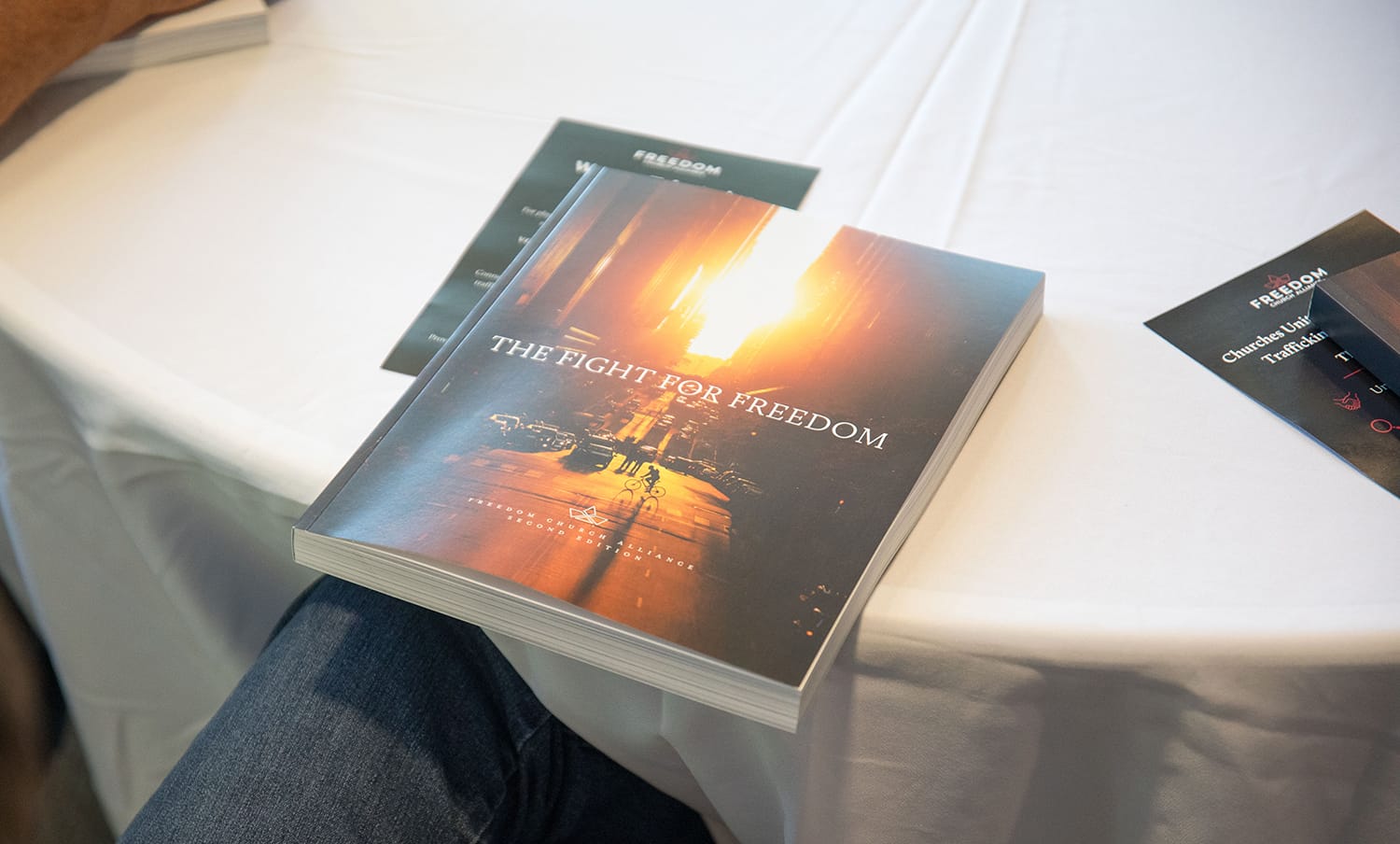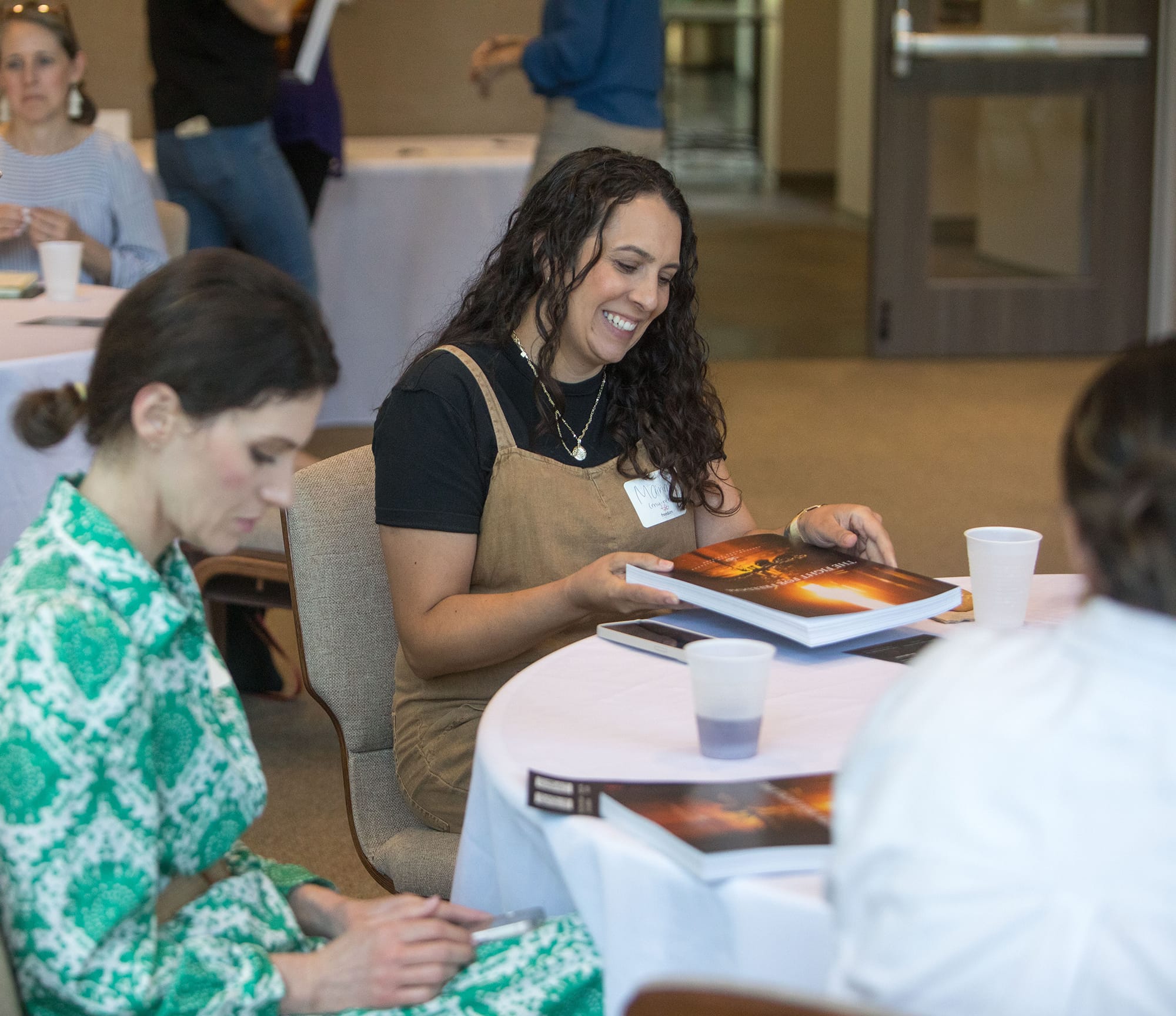“As a pastor focused on missions, I highly recommend Freedom Church Alliance and their unwavering dedication to combating sex trafficking. The Fight for Freedom book has been a powerful resource, equipping our congregation with a deeper understanding of this pressing issue and inspiring many to take meaningful action. The strategic insight and biblical foundation provided by the book have amplified our church’s ability to respond compassionately and effectively. Partnering with this ministry has been transformative, and I encourage you to consider their impactful work.”
"In the urban community, there is a term of endearment called 'day ones.' 'Day ones' are the friends and family that have been there since day one because they believe in you and what you are doing. We've been with Freedom Church Alliance since day one because we believe in them and what they are doing."
"Freedom Church Alliance has made anti-trafficking work accessible to our church members. Through The Fight for Freedom book as well as the packing of Go Bags, our church members are now able to learn about human trafficking in a way that communicates the hope of the gospel, and have an immediate and tangible way to serve and make an impact. As a Missions Pastor, being able to educate someone without leaving them helpless to do nothing has changed the entire conversation.”






